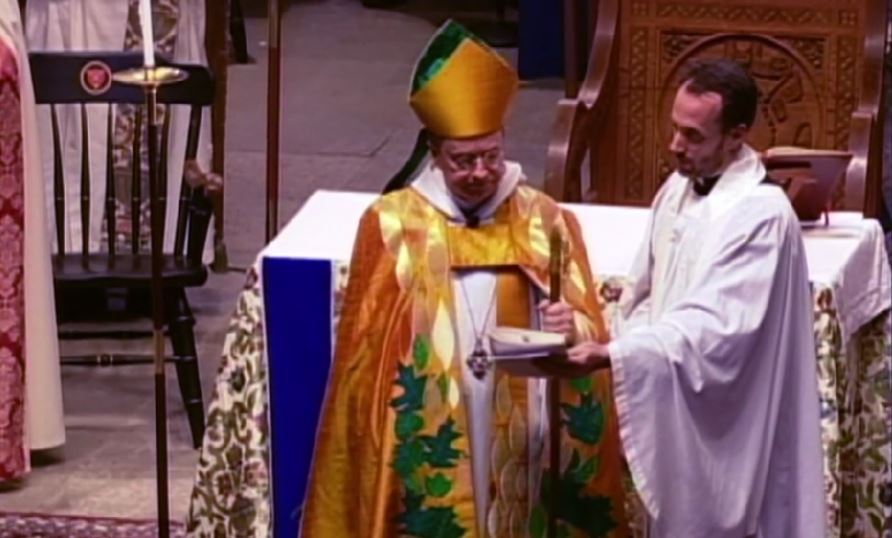United Methodist Church LGBT inclusion
A Historic Vote for Inclusion
The United Methodist Church has recently made a historic vote in favor of LGBT inclusion. This decision redefines marriage as a lifelong covenant between “two people of faith” instead of solely between a man and a woman, marking a turning point for the organization. It also eliminates the ban on LGBTQ clergy members.
The Impact of the Decision
The Church’s global legislative body, the General Conference, has also repealed a 52-year-old stance that deemed homosexuality “incompatible with Christian teaching.” These sweeping changes have taken effect immediately, opening new doors for LGBTQ members.
Voices of Change
Karen Oliveto, the church’s first openly gay bishop, expressed her emotions regarding these changes: “Every day of my ministry, I wondered if today would be the day my ordination would be taken away.” She is set to retire in a few months, but these developments seem to provide a positive conclusion to her career.
A 24-year-old, known by the initials J.M., who is pursuing ordination as a deacon, also shares their experience: “We have been here and we have been fighting, and our fight has been worth it. It shows that progress is possible and has occurred.”
International Reaction and Future Adjustments
Despite widespread enthusiasm, some international members, especially from Africa, Europe, and the Philippines, remain opposed to these new measures. A constitutional amendment called “global regionalization” was also passed, allowing regional conferences to adapt parts of the Church’s Book of Discipline.
Future Outlook
Tracy Smith Malone, President of the Council of Bishops, sees regionalization as an opportunity to strengthen the Church through a more contextualized ministry approach. She is confident that despite potential departures by some congregations, others “will come back.” Keith Boyette, leader of the Global Methodist Church, is less optimistic about the effects of regionalization on the United Methodist Church.
Reflections on the Future
In conclusion, Bishop Oliveto feels serene about her upcoming departure, convinced she has helped improve the Church: “I feel like I’m leaving the church better than I found it.”













